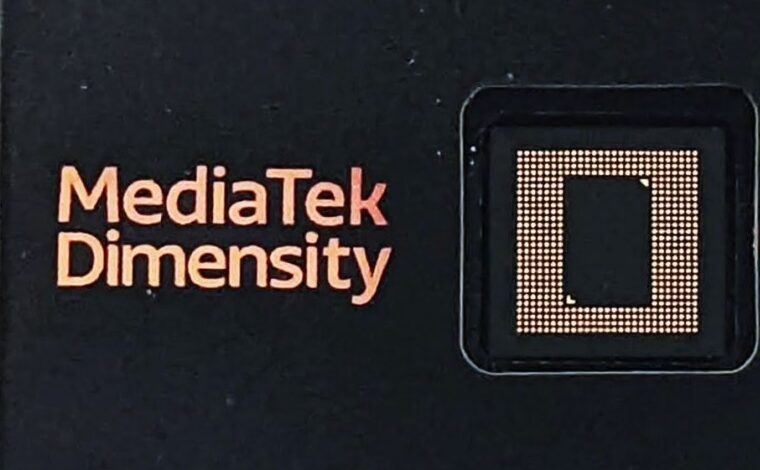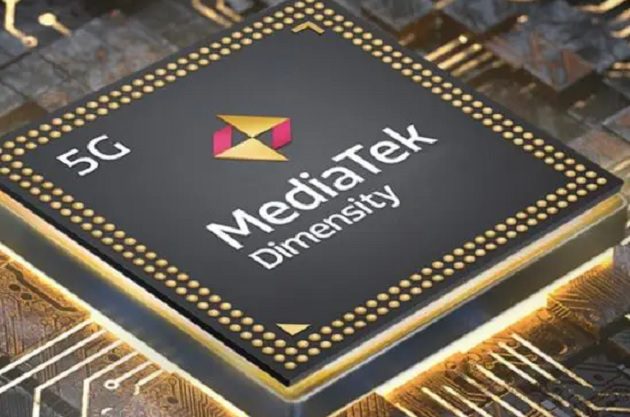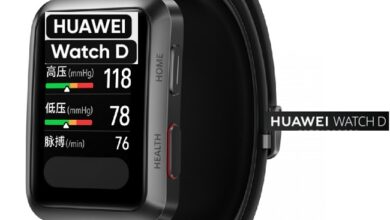MediaTek Wants to Make Chips For ARM Based Windows PCs

MediaTek wants to Make Chips For ARM Based Windows PCs:
MediaTek recently started Executive Summit in California. On the first day of its Executive Summit in California, MediaTek introduced its 4nm-based Dimensity 9000 chipset for flagship phones, and while the company intends to do various advertisements throughout the event, one thing that it hasal ready confirmed is its intention to make ARM-based chips for Windows PCs. Because the plan is still in its early stages, the biggest question is when.
Announcement Of An Upcoming Windows Chip
MediaTek is well-known for its smartphone chips, and it is now claimed to be the market leader, with roughly 40% of the market share. However, the company is now looking to develop chips that will power Windows PCs.
Companies are planning to transition from x86 to ARM chips, and MediaTek clearly does not want to miss out on this opportunity. In a few years, the Taiwanese company is expected to release its ARM-based chips for Windows-powered computers.
The company already has a presence in the computer market, as it sells chips for low-cost or entry-level Chromebooks. However, in order to establish itself in the Windows PC market, MediaTek must first determine what it can offer.
Aside from these, the Taiwanese firm is developing 5G modems for Intel-powered PCs and has formed a partnership with the company in 2019.
While it appears that MediaTek will begin offering chips for Windows-powered computers, keep in mind that the development is still in its early stages, and people expect the company to make an announcement related to this at the current Executive Summit event.

When and how?
MediaTek’s smartphone business grew, particularly after the company entered the flagship market with its Dimensity chipsets. It now has a record 43 percent market share (as of Q2 2021) and continues to up the ante with more flagship processor launches.
And, now that it has a firm grip on the mobile phone chip market, the Taiwanese fables semiconductor firm wants to broaden its expertise in PC chips as well. It’s not as if the company didn’t have anything to begin with. Already, MediaTek is investing in Chromebooks and developing 5G modems for Intel-powered PCs. This implies that the company already has a strong foothold in the industry and only needs to climb it with the right strategies.
Qualcomm currently dominates the ARM-based Windows PCs market. And, with its recent announcement, the incumbent appears to be setting the stage on fire. Qualcomm CEO Dr. James Thompson stated at the company’s recent 2021 Investor Day event that the company’s new generation of ARM-based laptops and desktops aims to become the preferred platform for PCs.
However, the company’s reception has been blended so far in this. It began with the Snapdragon 835 and is now banking on the high-end Snapdragon 8cx and entry-level Snapdragon 7c.
It is unknown when MediaTek will assist OEMs in bringing their first ARM-based Windows PC to market. Presumably, whenever it begins, it will bring something that can compete with the likes of the Snapdragon 7c. MediaTek would need to bring something that would help define its distinct identity in the market, which is currently dominated by Qualcomm.
Read Also: MediaTek Dimensity 9000: An Amplified Flagship
Why Haven’t Users Seen Windows On Arm Laptops With MediaTek Chips?
These Windows on Arm devices, however, are primarily powered by Qualcomm Snapdragon chipsets, with rival chipmaker MediaTek conspicuously absent. The Taiwanese company has now revealed that it is considering entering this market.
“Windows on Arm is a new opportunity that is emerging. “Designers are studying this space as a result of MediaTek’s Chromebook success in COVID-19 times,” a company representative told journalists at the company’s executive summit.
There Are Two Hurdles In The Way:
The company also released two new Chromebook chips, MT8192 and MT8195, which MediaTek claims are more than adequate for running Windows on Arm. “However, designers require DirectX drivers from Arm for the Mali GPU,” a representative explained.
Both of the company’s new Chromebook processors use Arm’s Mali-G57 graphics, whereas Qualcomm’s laptop processors use Adreno GPUs developed in-house. This would theoretically give the US chipmaker more control over things like driver support, rather than relying on partners.
In addition, MediaTek cited x86 app compatibility with Windows on Arm as a “primary challenge” for the platform. Currently, x86 apps must be ported to Windows on Arm or emulated in order to run on the new platform. However, the latter approach has a performance penalty, whereas the former requires developer work.
Nonetheless, with Microsoft and Qualcomm releasing 64-bit app emulation support this month and Apple releasing its first Arm-powered Mac computers, it’s clear that the Arm computing space is progressing. In 2021, people should see cheaper laptops from both platforms.
MediaTek Dimensity 9000
This smartphone chip is unlike any other ever created. It has the most cutting-edge technology and features on the market.
The Dimensity 9000 flagship chip is an innovation milestone, a rise to incredibly designed to power only the world’s most advanced 5G smartphones.
Designers went above and beyond to place the Dimensity 9000 at the top of the MediaTek Dimensity 5G smartphone family. Everything about its super-powerful and yet extremely power-efficient 4nm package screams flagship chip.
That means faster 5G speeds and next-generation everything. From cutting-edge gaming technology to professional-grade imaging and videography, to advanced artificial intelligence and computing architecture.
The Dimensity 9000 has all of the features users are looking for, as well as the speeds and feeds to satisfy even the most discerning tech enthusiast.
The Dimensity 9000 delivers unrivalled performance by utilising new Armv9 architecture CPUs. Its octa-core CPU includes an Arm Cortex-X2 with a burst speed of 3.05GHz, and new LPDDR5X memory makes data instantly available, eliminating the wait to provide instant responsiveness in any app, whatever users are doing.
- Ultra-Core – 1x Arm Cortex-X2 at 3.05GHz
- Super-Cores – 3x Arm Cortex-A710 up to 2.85GHz
- Efficiency Cores – 4x Arm Cortex-A510
- LPDDR5x 7500Mbps support

AI Performance That Can Compete With Google Tensor
The Dimensity 9000 is equipped with MediaTek’s fifth generation AI Processing Unit (APU). The company claims a 400% improvement in performance and efficiency over the Dimensity 1200. In MLPerf, MediaTek claims a 108 percent performance improvement at 75 percent power efficiency over the Apple A15 Bionic. However, as Anandtech points out, this benchmark doesn’t take full advantage of CoreML acceleration and thus isn’t a fair comparison.
Having said that, MediaTek demonstrated a discernible performance improvement over current leader Google Tensor and the “Android flagship” in the ETHZ AI benchmark. Another application for Dimensity 9000’s AI prowess is video recording with ML-based on-the-fly image processing similar to Tensor.
Is MediaTek Processor good?
In terms of performance, The CPUs from MediaTek are reliable. Their multi-core CPUs allow for demanding and heavy job execution, and they excel at multi-tasking. Snapdragon has even superior multitasking, heavy and strenuous job management, and gaming capabilities.






